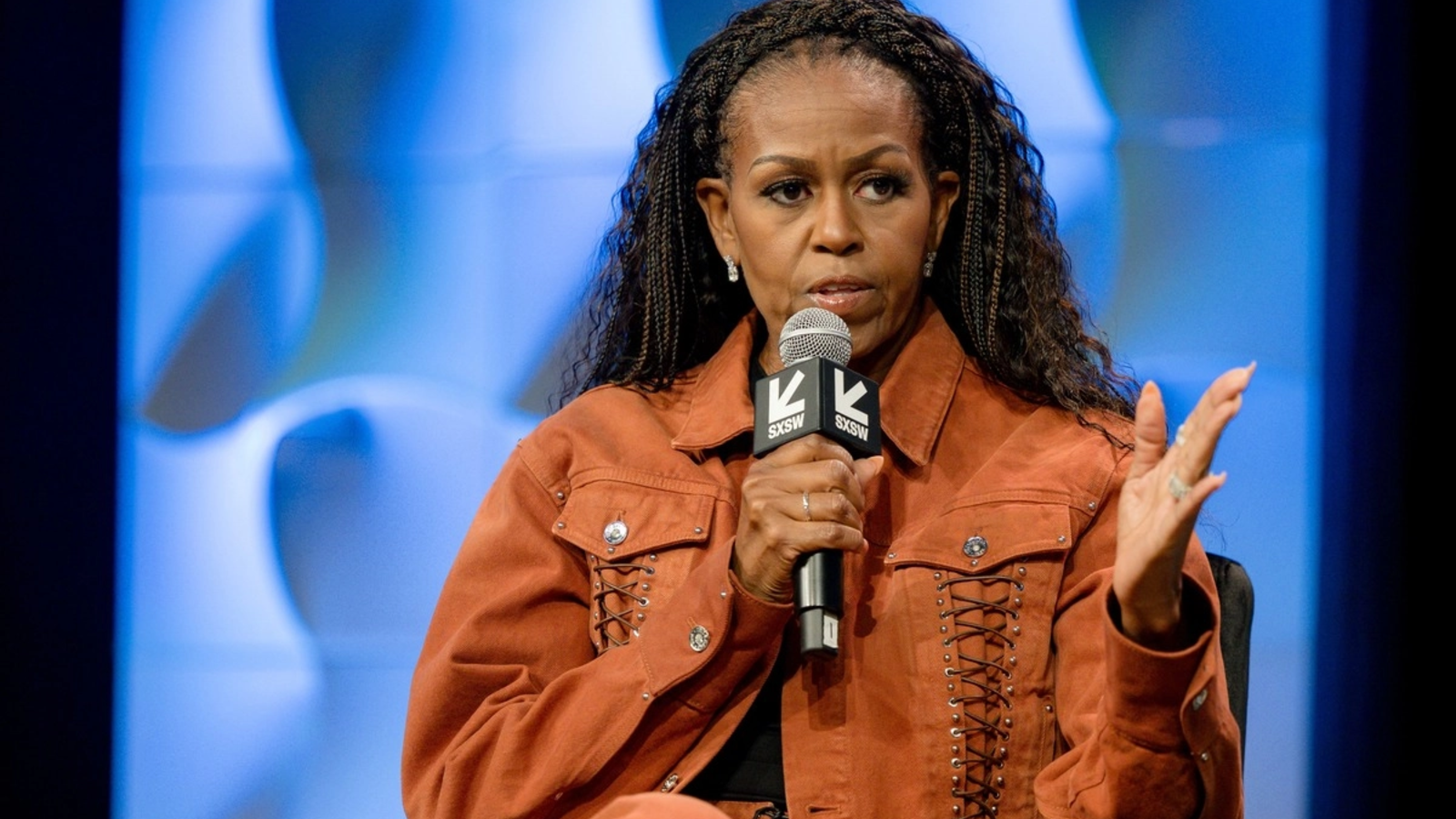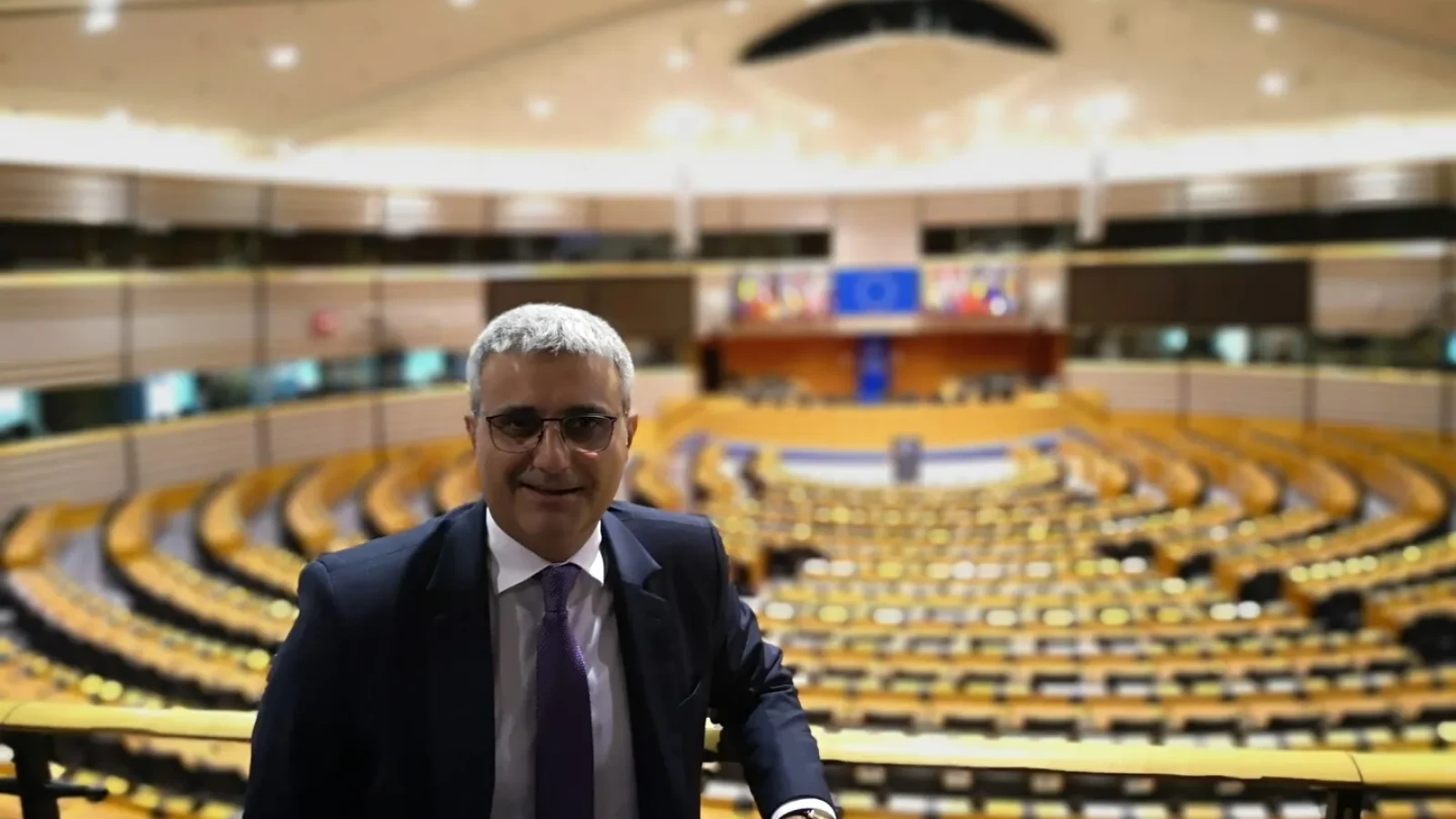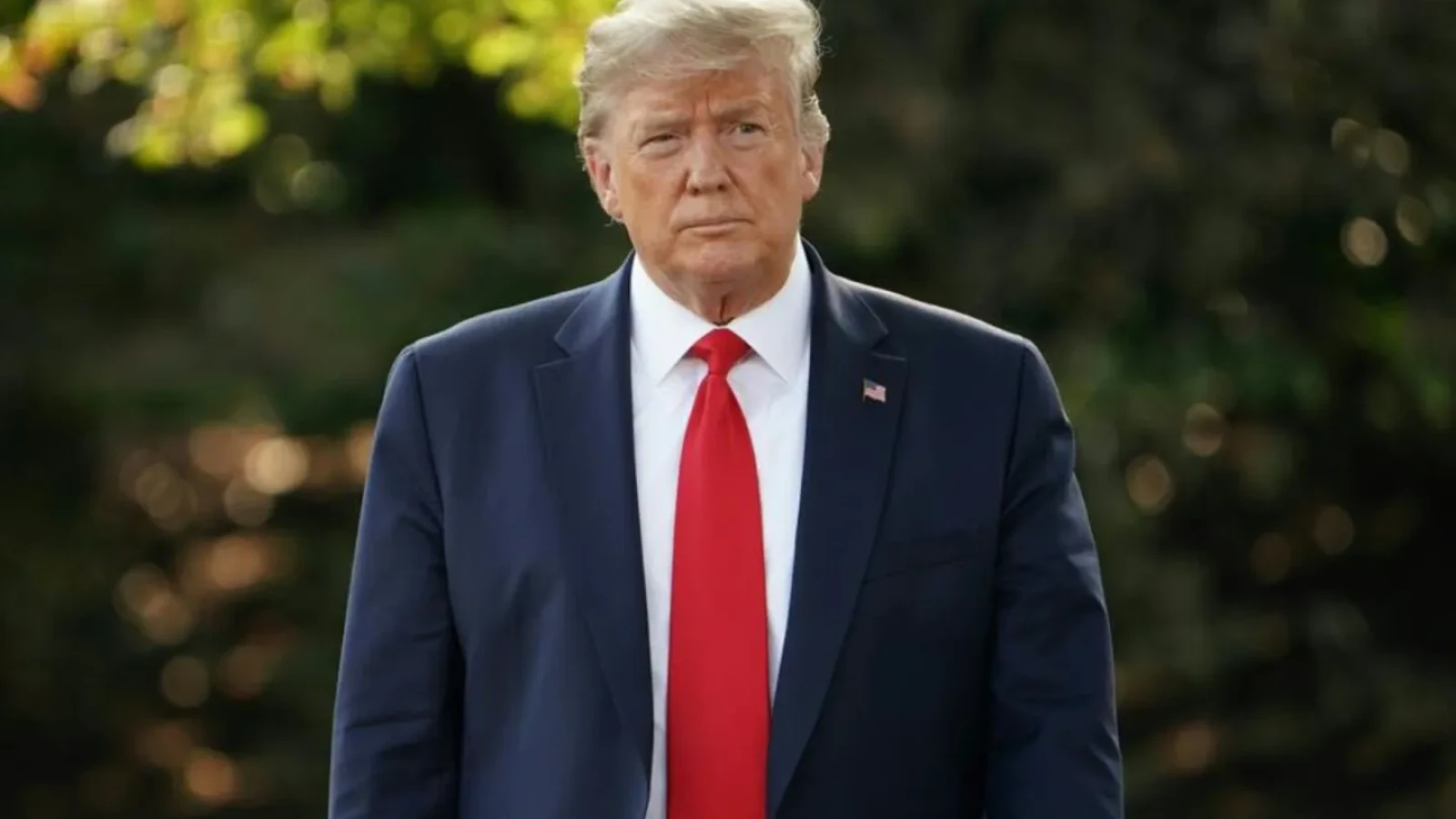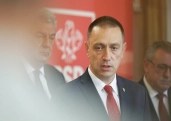Michelle Obama, on her first visit to Romania on Thursday, described herself first as a mother, a wife, a Black woman, a lawyer and a bestselling author and only afterwards as the former First Lady of the United States during the second edition of the Impact Bucharest event, where she was the keynote speaker.
For an hour, she addressed a large audience, speaking about her childhood in a modest household on Chicago's South Side, about the challenges she faced in school, university and early in her career, about her professional rise before meeting the man who would become her husband, and about life after that moment as well. She reflected on her role as a mother, her involvement in the campaign of the man who became the 44th U.S. president, life in the White House, leadership, and above all, the importance of educating future generations in order to build a better world.
Many people, she reminded the audience, had first known her at the White House, as First Lady. Yet she often had to stress that there was an entire life before that: she had studied law, practiced in a corporation, worked across nearly all sectors before reaching Washington. She had served in public administration, worked for the mayor of Chicago, been involved in planning and economic development. She had led a nonprofit helping young adults enter public service starting from scratch, hiring staff, shaping a vision, building a board, fundraising. Later she entered academia as associate dean at the University of Chicago, where she worked on community service and student volunteer opportunities, before becoming vice president for community affairs at the university's medical center. All of that experience, she said, she had carried with her into the White House. After such a journey, being First Lady had, in a way, felt like the easiest task because those experiences had given her contact with people, opportunities and skill sets.
Experience, she believed, was crucial, but exposure mattered just as much for good leaders. One had to be able to see oneself in the people one worked for and in those one led.
Especially in today's world, she argued, leaders must be decent and honest people, embodying what they aim to represent. Qualities such as kindness, empathy, openness and inclusion were indispensable, because people young people above all watched everything leaders did. With a platform and the spotlight, every word, every gesture, every interaction mattered. And everyone could see what happened when those qualities were absent.
Asked by the event moderator Beatrice Cornacchia, what advice she would give leaders regarding responsibility as role models for future generations, Michelle Obama replied that responsibility meant everything. Leaders were in a position to help someone younger that, she insisted, was the purpose, not just making money. Money had its value: earning a living, providing for children and grandchildren, building useful businesses and products. But if the next generation was not whole, if society failed to prepare them to be good and honest people who could make a difference, if not all children were treated as our own, then something had gone wrong. She and her husband, Barack Obama, have two daughters, Malia, 27, and Natasha, 24.
Children, she stressed, came into the world full of possibility. They grew up, but without love at their foundation, they risked becoming destructive individuals, adding no value. It was therefore in everyone's interest to prepare them for success. Being a role model, she suggested, was part of that mission.
It was also in society's interest to create a better world to pass on to children which meant being ready to step aside. A key part of leadership, she argued, was knowing when to make room for the next generation and to prepare them to take over. That was why she and Barack Obama were working with the Presidential Center due to open in June in Chicago's South Side. Unlike most presidential centers, it would be located in an urban, predominantly Black community. Its main mission: to train a new generation of leaders, not only in Chicago or the U.S., but globally, and not only in politics or community development. They felt responsible, she explained, for passing on the small lessons they had learned to young people who were genuinely seeking to understand how to make an impact.
The author of the bestselling memoir Becoming (2018), which sold over 17 million copies worldwide, and of the 2022 volume The Light We Carry: Overcoming in Uncertain Times, said she remained permanently motivated and had 'clear goals.' Even during her White House years, she had continued campaigns focused on children's well-being, education and health. In just a few years, she had launched four or five initiatives, each with its own set of targets. That sense of purpose had been a powerful motivator: every day she asked herself what they were trying to achieve whether it was helping children become healthier, introducing them to fruits and vegetables, or sending a clear message to the nation about the sacrifices of military families. That, she said, had kept her focused, balanced and strong.
Michelle Obama admitted that she never took her foot off the accelerator. Sometimes she sped up, sometimes slowed down, but never stopped. The past nine years, she reflected, had been just as full and meaningful as the eight spent in the White House that was how life worked. It was also one of the reasons she had reached where she was, because she hoped to continue evolving. "We never stop becoming," she observed.
Life was always a succession of chapters, she said. The eight years spent at the White House had been an important one, but the following decade had brought "more" more involvement, from building a production studio and making Oscar-winning independent films, to developing a podcast and writing two books, with a third due in November. In 2020, American Factory, the first documentary released by the Obamas' production company, won the Academy Award for best feature documentary.
Everyone was busy, she admitted, but it was important to feel motivated to bring positive change. One had to get up and do the work every day, try to move forward. That, she emphasized, was essential in hard times such as these.
































Comentează